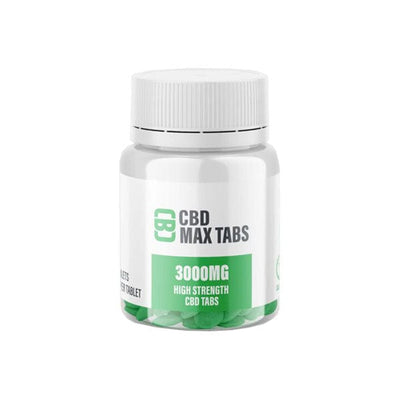CBD vs. CBG: Understanding the Differences and Benefits
Introduction
The world of cannabis is ever-evolving, with researchers continuously unveiling new information about the plant's numerous compounds. While CBD (cannabidiol) has been in the spotlight for some time now, another cannabinoid is gaining attention: CBG (cannabigerol). In this short blog, we'll explore the differences between CBD and CBG, their potential benefits, and how to choose the best option for you.
CBD and CBG: Origins and Key Differences
Both CBD and CBG are non-psychoactive cannabinoids found in the cannabis plant, meaning they don't produce the "high" associated with THC (tetrahydrocannabinol). Here's a quick breakdown of their origins and differences:
-
CBD (Cannabidiol): One of the most abundant cannabinoids in the cannabis plant, CBD is known for its potential therapeutic effects such as reducing inflammation, anxiety, and pain.
-
CBG (Cannabigerol): Often referred to as the "mother" or "stem cell" cannabinoid, CBG is the precursor to other cannabinoids like CBD, THC, and CBC. Although typically found in lower concentrations, CBG-rich strains are now being developed for increased accessibility.
Potential Benefits of CBD and CBG
CBD and CBG interact uniquely with the body's endocannabinoid system (ECS), resulting in distinct potential benefits:
-
Anti-inflammatory properties: Both CBD and CBG may help reduce inflammation, with CBD's effects being more extensively studied.
-
Pain relief: CBD is well-known for its potential analgesic properties, while research on CBG's pain-relieving effects is still emerging.
-
Neuroprotective effects: CBG shows promise as a neuroprotective agent, possibly complementing CBD's known neuroprotective benefits.
-
Antimicrobial properties: CBG exhibits potent antimicrobial effects, potentially more powerful than CBD's antimicrobial properties.
Choosing Between CBD and CBG
When deciding between CBD and CBG, consider the following factors:
-
Specific needs: CBD may be better suited for addressing inflammation, pain, or anxiety, while CBG could be more appealing for its potential neuroprotective or antimicrobial properties.
-
Product availability: CBD products are widely available in various forms, while CBG products might be more challenging to find.
-
Combination products: Some products on the market combine CBD and CBG, allowing you to reap the potential benefits of both cannabinoids.
Conclusion
Both CBD and CBG offer unique potential benefits, and choosing between them depends on your specific needs and preferences. As research progresses, our understanding of these cannabinoids will continue to grow, providing a more comprehensive picture of their therapeutic potential.






Leave a comment